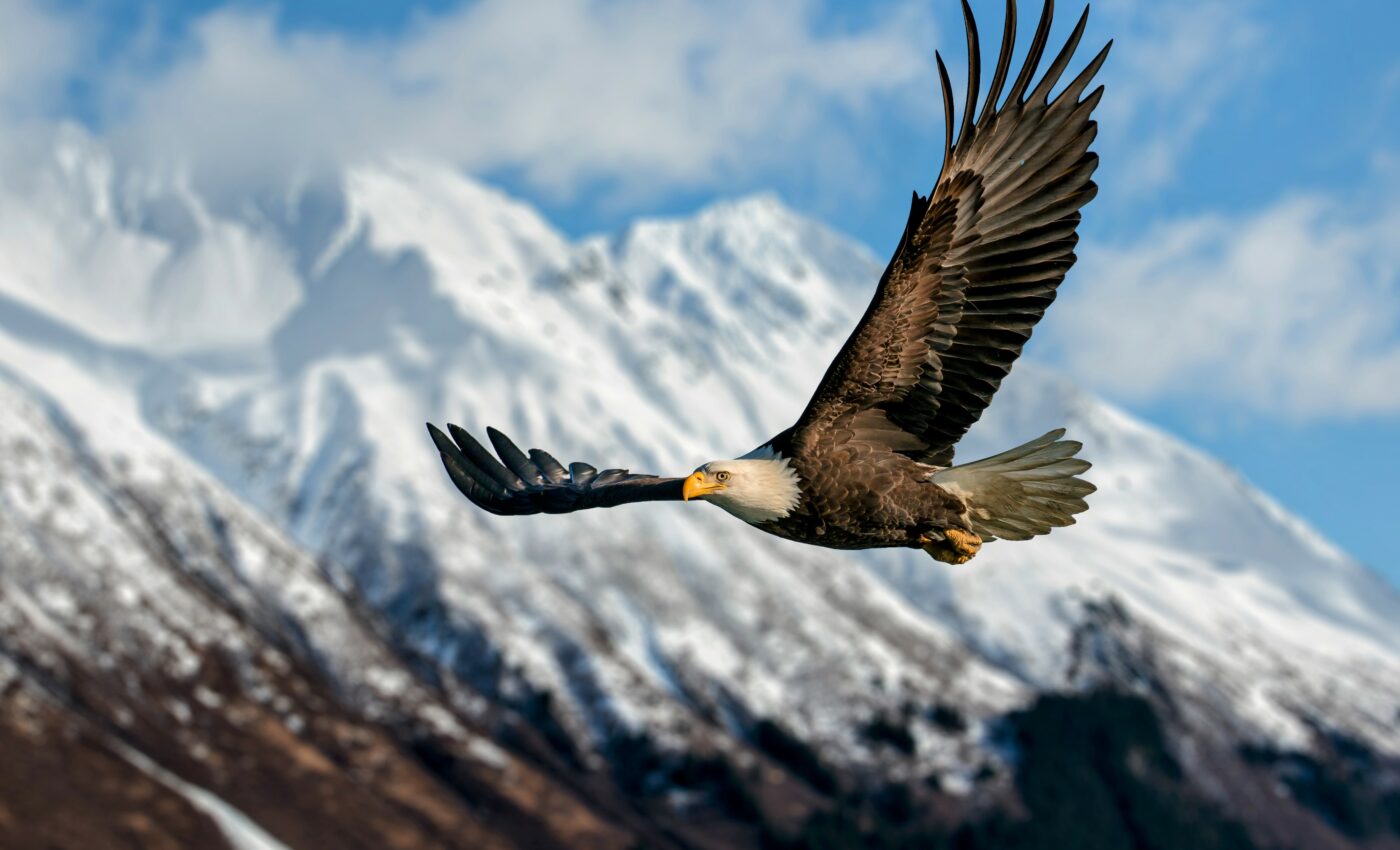
Avian flu threatens bald eagle recovery
Bald eagles almost went extinct in the 1960s, but these resilient birds have been steadily recovering. Now, they face a new threat: a subtype of avian influenza known as H5N1. Researchers from the University of Georgia say that this highly pathogenic version of avian flu has killed several pairs of eagles in Georgia.
“Even just one year of losses of productivity like we’ve documented regionally is very concerning and could have effects for decades to come if representative of broader regions,” said study lead author Nicole Nemeth. “We have already lost unprecedented numbers of wild birds due to this virus in the U.S. and it appears here to stay.”
With the virus killing many adult eagles, the eaglets have little chance of survival. The 2022 nest success rate in Georgia was 30 percent lower than average. The number was more depressing in Florida, where nest success rates had declined by 45 percent.
“We had reports from people who faithfully monitor eagle nests year after year with these heartbreaking stories of an adult eagle found dead below their nest. Within a few days, often its mate and the chicks were also found dead below the nest. It is clear the virus is causing nest failures,” said Nemeth, who works for the UGA-based Southeastern Cooperative Wildlife Disease Study.
Moreover, H5N1 infects other types of raptors, waterfowl, aquatic birds, and songbirds. “I think the number of wild bird cases is drastically underreported,” said Nemeth. “People will submit one snow goose, for example, and it will test positive for the virus. And then they’ll tell you, ‘Well, there are thousands of geese dying at the same site.’ But it only goes down as one infected bird.”
“Worst case scenario, we get into a scary place with some of these bird species. We could see a lot more decline in the numbers of eagles, raptors, waterfowl and other birds than what we’ve already seen. It could be devastating.”
Although the virus seems to be here to stay and will likely spread, conservationists are not giving up.
“A virus that can spread and be maintained as this virus can, it’s everywhere now,” said Nemeth. “We can’t contain the virus, and we can’t vaccinate wild birds. But we can document the losses and try to help conserve affected species and populations the best we can.”
The study can be found in the journal Scientific Reports.
—
By Erin Moody, Earth.com Staff Writer
Check us out on EarthSnap, a free app brought to you by Eric Ralls and Earth.com.













